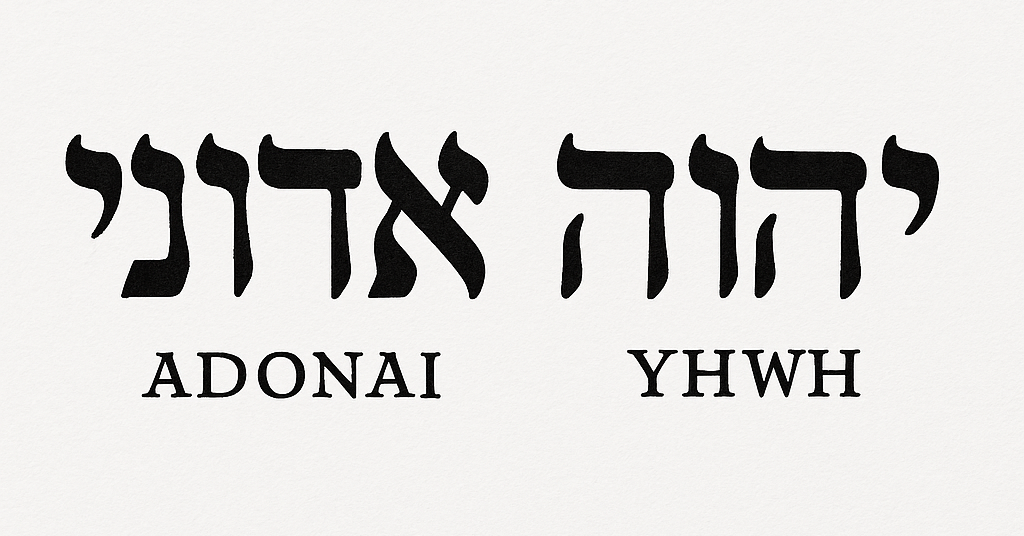
Prophetic Interpretations of Isaiah 53 – The Suffering Servant
Isaiah 53 is one of the most hotly debated chapters in all of Scripture primarily because of its powerful and perplexing portrayal of the "Suffering Servant"—a figure who endures suffering, rejection, and death for the sake of others. This chapter is central to theological debates between Judaism and Christianity, as well as within Christian interpretation.
Christian Interpretation: A Prophecy of Jesus Christ
Christians—both historically and today—see Isaiah 53 as a direct prophecy of Jesus of Nazareth. For Christians, Isaiah 53 is a cornerstone in demonstrating that Jesus fulfills Old Testament prophecy. The chapter's themes align closely with key aspects of Jesus’ life and crucifixion:
- "He was pierced for our transgressions" (v. 5) – Christians interpret this as a reference to Jesus’ crucifixion.
- "Like a lamb led to the slaughter" (v. 7) – Seen as a parallel to Jesus' willing submission to death.
- "He bore the sin of many" (v. 12) – Interpreted as substitutionary atonement for humanity's sins, i.e. Christ complete and perfect sacrifice made in our place
Jewish Interpretation: The Servant as Israel
In Jewish thought, Isaiah 53 is traditionally understood daifferently:
- The "Suffering Servant" is not a single messianic figure but a personification of the nation of Israel, which has suffered at the hands of nations yet will ultimately be vindicated by God.
- This reading fits the broader context of Isaiah 40–55, where "the servant" often clearly refers to Israel (e.g., Isaiah 41:8–9; 44:1).
- Jews reject the Christian messianic reading because it doesn't align with the traditional Jewish expectations of the Messiah (who is supposed to bring peace, rebuild the Temple, and gather the exiles).
Historical and Polemical Weight
📖 Isaiah 53 Verse-by-Verse Commentary
The following information blocks show a verse-by-verse commentary of Isaiah 53, with interpretations from both Jewish and Christian perspectives.
These strongly-held views will show how the same passage can yield very different theological conclusions about Israel and the Messiah -- yet both are rich with meaning.
Isaiah 52:13
"Behold, My servant shall act wisely; He shall be high and lifted up, and shall be exalted."
- Jewish View: Refers to the nation of Israel being exalted after exile and suffering. The “servant” has already been identified as Israel in earlier chapters (Isaiah 41)
- Christian View: Seen as a prophecy of Jesus’ glorification — first on the cross (John 3:14), then in His resurrection and ascension.
Isaiah 52:14–15
"His appearance was so marred... so shall He sprinkle many nations."
- Jewish View: Israel’s suffering under exile was severe, yet it shocks the nations and leads them to respect Israel.
- Christian View: Jesus' physical suffering at the crucifixion is in view. The “sprinkling” is tied to atonement, such as the sprinkling of blood by priests.
Isaiah 53:1
"Who has believed our report?"
- Jewish View: Nations confess their astonishment at Israel’s faithful endurance.
- Christian View: Quoted in John 12:38 — the world’s rejection of Jesus fulfills this disbelief.
Isaiah 53:2–3
"He grew up... no beauty... despised and rejected..."
- Jewish View: Describes Israel as weak and looked down upon in exile.
- Christian View: Describes Jesus’ humble beginnings and rejection by society (especially at the cross).
Isaiah 53:4–5
"Surely He has borne our griefs... by His wounds we are healed."
- Jewish View: The nations acknowledge that Israel had suffered on their behalf, wrongly assuming Israel was being punished by God.
- Christian View: Central to Christian theology- Jesus bore humanity’s sins, His suffering brings spiritual healing.
Isaiah 53:6
"All we like sheep have gone astray..."
- Jewish View: Universal moral failure; Israel bore the consequences of others’ sins.
- Christian View: Humanity’s sin is the reason Jesus had to suffer — He bore our iniquity voluntarily.
Isaiah 53:7–8
"Like a lamb... He opened not His mouth..."
- Jewish View: Israel’s silent submission to injustice (e.g., during exile or persecution).
- Christian View: Fulfilled in Jesus’ trial and crucifixion, where He remained silent before accusers (Matthew 27:14).
Isaiah 53:9
"Made His grave with the wicked, and with a rich man in His death..."
- Jewish View: Poetic reference to unjust treatment in death; doesn’t imply literal individuals.
- Christian View: Fulfilled by Jesus being crucified between criminals and buried in a rich man’s tomb (Joseph of Arimathea, Matthew 27:57–60).
Isaiah 53:10
"It pleased the LORD to crush Him... an offering for guilt..."
- Jewish View: Israel’s suffering becomes a kind of national offering, not in the priestly sense, but as an instrument of God’s redemptive plan.
- Christian View: Interpreted as Jesus’ sacrificial death — an intentional atonement for sin (cf. Hebrews 9:26).
Isaiah 53:11–12
"By His knowledge My righteous servant will justify many..."
- Jewish View: Israel, by remaining faithful through suffering, brings justice and knowledge of God to the world.
- Christian View: Jesus, the Righteous One, justifies sinners by His death and intercedes for transgressors.
Final Thoughts
- Judaism sees the Messiah as a future political/spiritual leader, and Isaiah 53 as a metaphor for Israel's suffering.
- Christianity sees the Messiah as already come in Jesus, with Isaiah 53 being a literal and prophetic depiction of His mission.
"ADONAI YAHWEH" is the SOVEREIGN LORD
There is none like God, Adonai YHWH- the Sovereign Lord- who is eternal, all-powerful, utterly sovereign, and whose NAME is exalted and above every name. How great is God, exalted and majestic above all creation!

